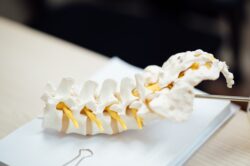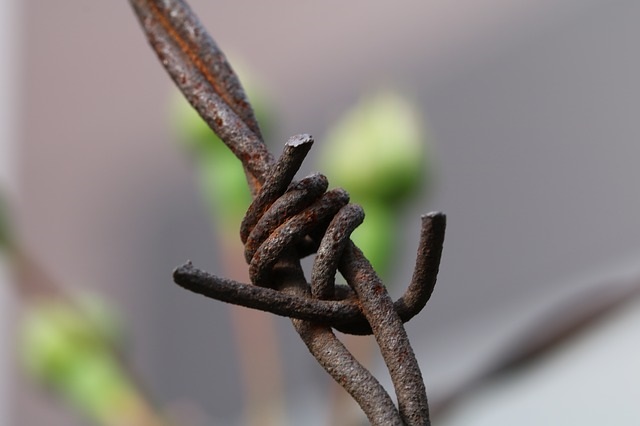At the young age of 19, I was diagnosed with an incurable disease: endometriosis. During my adolescent years, from the age of 13 on, I suffered with debilitating periods every month, and eventually I had ovary pain even when I was not on my menses. My first gynecologist first suggested that I try birth control pills to see if my pain would decrease. She made it seem like it was normal for women to be in so much pain during their period.
When that did not help, we decided that it was time to do a laparoscopic surgery to see if I had endometriosis, since it does run in my family. I was 19 years old. During that surgery, I was found to have endometriosis–she removed it all but a little bit that was on my ovary. I also had a cyst drained. A few months later, the pain was back. My doctor said there was nothing else she could do, so I was forced to find another gynecologist.
Repeated Surgeries, Medications, and Natural Methods with No Relief from Endometriosis
Since my first laparoscopy in 2010, I have had multiple other surgeries. I had laparoscopic surgery for endometriosis in 2012 and 2013. During my surgery in 2013 I also had my appendix removed to prevent disease from growing on it or having it rupture. The surgeon that performed this surgery is an endometriosis specialist. I had to leave pharmacy school twice because the pain was so unbearable.
I have tried almost every birth control pill there is on the market, Lupron, a gluten-free/dairy-free diet, physical therapy for pelvic floor spasms, heating pads, over the counter pain medications, and narcotics as well as Xanax, Cymbalta, Celebrex, Meloxicam, and Ponstel to see if any of these things would decrease my pain and the disease. I also had a colonoscopy done at 20 years old, a CT scan, an MRI, and was tested for interstitial cystitis, a bladder disease that is often found in patients with endometriosis. These procedures did not show anything out of the ordinary.
When I had laparoscopic surgery, I would be pain free for a few months, but then the pain would return, most likely because my body was estrogen dominant. My blood work always came back fine other than my Vitamin D levels were always low. Over the course of five years I went to at least sixteen different doctors trying to find something that would end my pain. However, many of the doctors I went to did not know what else to do because the disease is so complex. It was after I put my body through menopause twice with Lupron, that I decided it was time to have a hysterectomy.
My Hysterectomy at Age 23
One of the doctors I was seeing was supposed to do my hysterectomy, but changed her mind at the last minute because she decided she wanted me to have a uterine nerve ablation instead, which could cause my uterus to prolapse. I did not want to take the chance of that; I just wanted everything removed. She told me she would not do it without me seeing a therapist because I was so young. Once again, I had to find another doctor who would perform the surgery. I met with a new doctor and told him everything I had already been through, and he agreed I had tried everything and was old enough to make my own decisions, so we went through with the surgery.
Hysterectomy did not Cure Me
I was hoping after I had a hysterectomy that would be the end of my struggles, but it was not. A hysterectomy is not a cure and if the doctor does not remove all of the disease while he is operating, the disease can still grow. I had to have another surgery to remove endometriosis at the beginning of 2015, with a different endometriosis specialist than in 2013.
Right now, I am pain free. I am currently on bio-identical hormones to help me sleep and decrease my stress. In just a few months, I will be able to start my second quarter of pharmacy school and hopefully this time will be successful in finishing. I still struggle with my decision to have a hysterectomy because I have always wanted to have kids, but I know I can still have children; it will just be by a different route. I have decided to use what I have been through to help others, and I hope that by putting my story out there that we will be one step closer to finding a cure.







